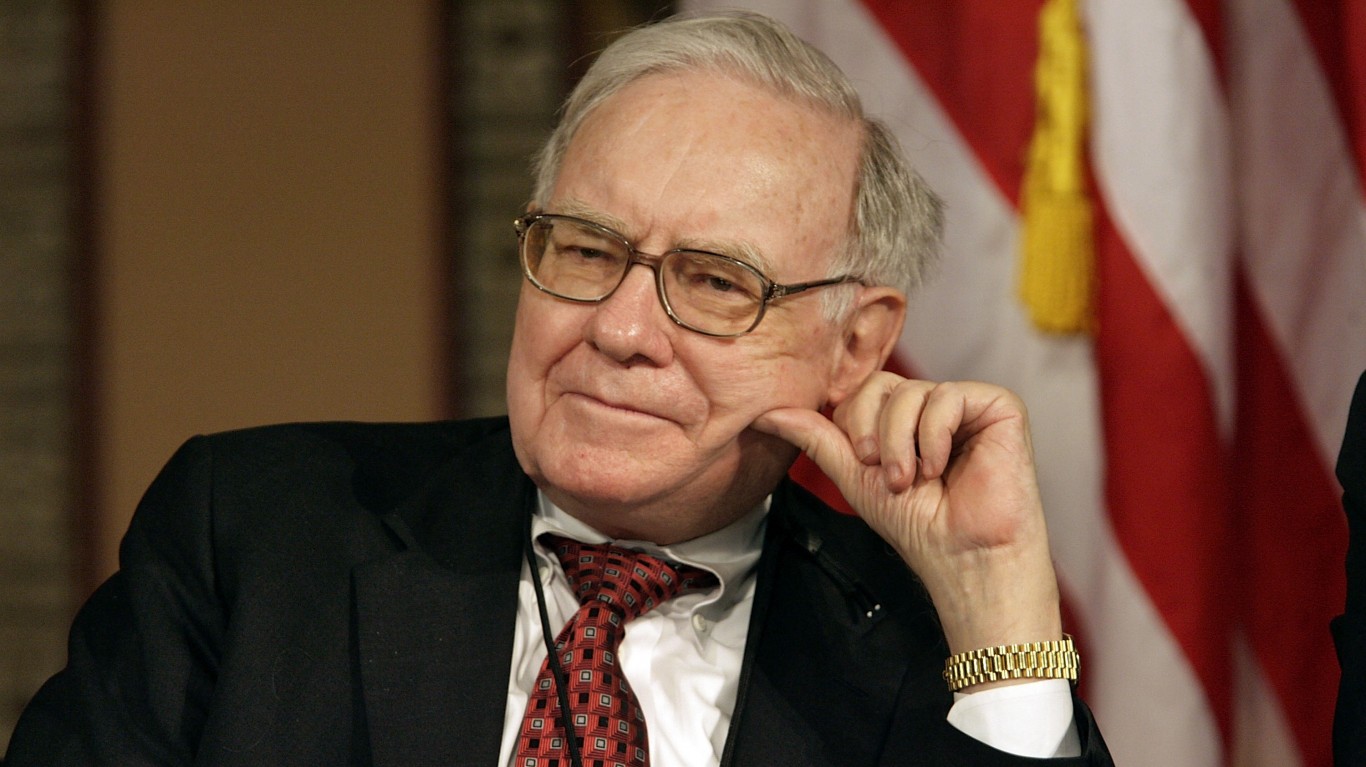The bailout programs that made up the TARP investments will end up costing taxpayers very little, according to a new Congressional Budget Office report:
CBO estimates that the net cost to the federal government of the TARP’s transactions, including the cost of grants for mortgage programs that have not been made yet, will amount to about $24 billion. CBO’s analysis reflects transactions completed, outstanding, and anticipated as of September 17, 2012.
That cost stems largely from assistance to American International Group (AIG), aid to the automotive industry, and grant programs aimed at avoiding home foreclosures; CBO estimates a cost of roughly $51 billion for providing those three types of assistance. But not all of the TARP’s transactions will end up costing the government money. The program’s other transactions with financial institutions will, taken together, yield a net gain to the federal government of about $26 billion, in CBO’s estimation.
Were the risks taken on by taxpayers in 2008 with no guarantee of return worth it? Almost certainly yes. When taken in sum, two of the three largest car companies were saved. That probably allowed the economy to keep tens of thousands of jobs, and more if auto suppliers are taken into account. These people would not have been tax payers, at least for some period, and their unemployment benefits would have cost states and the federal government dearly. There is no way to ever know what would have happened if American International Group Inc. (NYSE: AIG) collapsed, perhaps taking Citigroup Inc. (NYSE: C) and Bank of America Corp. (NYSE: BAC) with it. Analysts claim that AIG had financial relationships with almost every other large banking and insurance company in the world in 2008. If AIG had foundered, the ripple effects might have brought down the global credit structure. The TARP programs, as it turns out, cost American almost nothing, while they kept, at the very least, the worldwide financial system largely intact.
Germany vs. the IMF
Germany wants nothing of the International Monetary Fund pressure to allow some money that will go to Europe’s financially weakest nations to be used for stimulus and not to underwrite recoveries based on austerity. According to Reuters:
Finance Minister Wolfgang Schaeuble said Europe had made plenty of crisis-fighting progress, echoing comments from other European officials who said there should be greater attention paid to U.S. fiscal troubles.
Germany’s plans almost certainly will trump Lagarde’s, if only because the country is such a large contributor to bailout programs, particularly the European Stability Mechanism. The ESM is the cornerstone of plans to fight the deficits that threaten to bring down the economies of several eurozone countries.
Spain’s Need for a Bailout
Angel Gurria, the secretary general of the Organization for Economic Cooperation and Development, told CNBC that Spain’s reluctance to request a bailout is understandable and the country may try to fight its deficits and economic and bank trouble on its own. This is a minority view. International capital markets investors, financial ministers of most of the nations in the region and the European Central Bank all expect Spain’s needs for outside money to be unavoidable. Gurria told CNBC:
If you are the leader of a country that has done everything that had to be done, and then the ECB (European Central Bank), works on the secondary markets for you and lowers those yields and (yet) you are told that you have to go and ask for a (bailout) and you say ok, but then you’re given very strong signals that if you go, you will be told, “No” how can you reconcile those two things.
Broken English, but he got his point across.
Douglas A. McIntyre
Take Charge of Your Retirement: Find the Right Financial Advisor For You in Minutes (Sponsor)
Retirement planning doesn’t have to feel overwhelming. The key is finding professional guidance—and we’ve made it easier than ever for you to connect with the right financial advisor for your unique needs.
Here’s how it works:
1️ Answer a Few Simple Questions
Tell us a bit about your goals and preferences—it only takes a few minutes!
2️ Get Your Top Advisor Matches
This tool matches you with qualified advisors who specialize in helping people like you achieve financial success.
3️ Choose Your Best Fit
Review their profiles, schedule an introductory meeting, and select the advisor who feels right for you.
Why wait? Start building the retirement you’ve always dreamed of. Click here to get started today!
Thank you for reading! Have some feedback for us?
Contact the 24/7 Wall St. editorial team.






